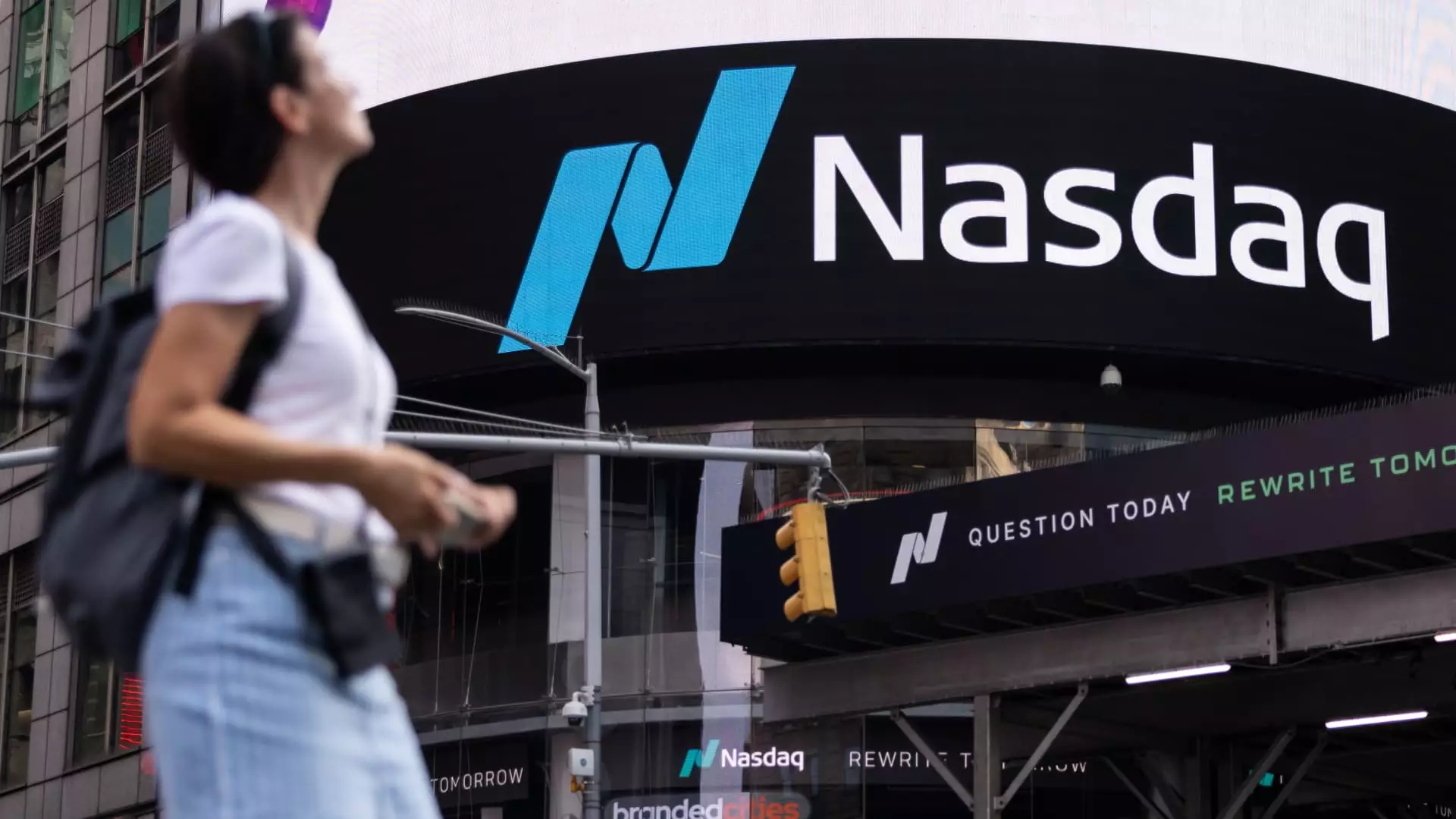The investment landscape has undergone a transformative change in recent years, particularly with the growing popularity of Exchange-Traded Funds (ETFs) as an alternative to traditional mutual funds. This evolution has prompted asset managers to rethink their offerings, aligning more closely with contemporary investors’ needs for tax efficiency and flexibility. One prominent case in point is KKM Financial’s recent decision to convert its Essential 40 mutual fund into an ETF. This strategic shift reflects a broader trend where the advantages of ETFs are driving asset managers to reevaluate their investment products.
One of the most significant benefits of ETFs over mutual funds lies in their tax efficiency. ETFs allow investors, particularly those in taxable accounts, to strategically time their capital gains and losses, thereby minimizing their tax liabilities. In contrast, mutual funds may subject investors to unexpected tax bills due to portfolio changes or shareholder redemptions. Jeff Kilburg, founder and CEO of KKM, elucidates this point by highlighting the frustrations many wealth advisors experience related to capital gain distributions in mutual funds. The conversion to an ETF model provides a more appealing option, particularly during market volatility.
The shift towards ETFs has been further accelerated by regulatory changes. A significant alteration made by the SEC in 2019 facilitated the management of active investment strategies within ETFs, making them more attainable for asset managers. This regulatory backdrop has inspired many to transition their previously established mutual funds to ETFs. Indeed, industry statistics reveal a diminishment in the number of active equity mutual funds, reaching the lowest level in over two decades. As asset managers pivot towards more adaptable structures, the conversion of funds like KKM’s Essential 40 is indicative of a larger systemic change within the asset management industry.
Trading on Nasdaq under the ticker ESN, the newly minted Essential 40 ETF embodies a unique investment strategy built around the principle of “buying what you use.” This fund curates its holdings comprising essential companies such as JPMorgan Chase, Amazon, Waste Management, and Eli Lilly. Kilburg contends that the absence of these companies could significantly hamper the U.S. economy, underscoring the ETF’s focus on constituents deemed integral to economic stability and growth. By adopting an equal-weighted approach, the ETF aims to provide investors with balanced exposure that is less skewed towards individual company performance compared to traditional market-cap weighted indices.
Historical performance metrics of the pre-conversion Essential 40 mutual fund demonstrate its relative resilience in turbulent market conditions. With a three-star rating from Morningstar, the fund notably outperformed its category average, especially during the challenging year of 2022, when it experienced a decline of less than 11%—a stark contrast to the broader category that witnessed an average drop of around 17%. Equal-weighted funds like Essential 40 often have a propensity to outperform in downward markets, garnering growing investor interest as indicated by the significant inflows into similar ETFs, such as the Invesco S&P 500 Equal Weight ETF.
The Essential 40 ETF not only marks a pivotal moment for KKM Financial but also signifies a broader industry trend toward more dynamic and tax-efficient investment structures. With a net expense ratio of 0.70%, consistent with its former mutual fund model, the ETF is designed to appeal to investors seeking value without compromising on performance. As KKM navigates this new chapter, it remains essential to monitor how its offerings, alongside the ongoing transformation in the investment industry, accommodate investor preferences amidst an increasingly complex market environment.
The transition from mutual funds to ETFs is more than a mere rebranding; it signifies a deeper understanding of investor needs and the adaptive nature of the financial markets. This ongoing evolution heralds a new era for asset management, emphasizing flexibility, tax efficiency, and holistic investment strategies.

